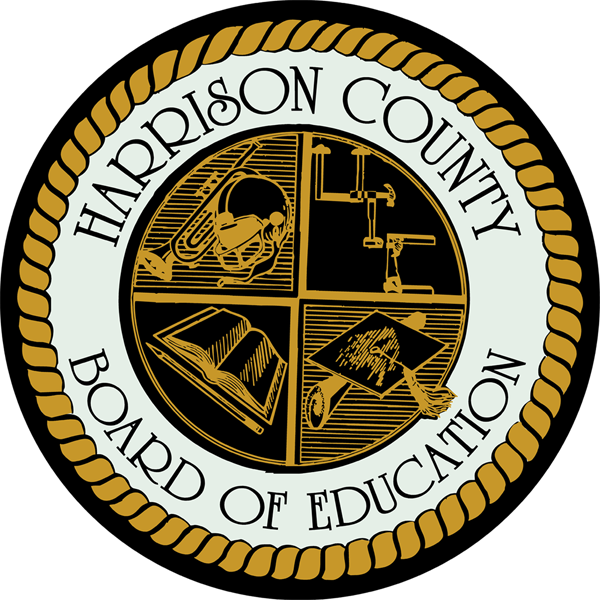School Visitations and Communication
The superintendent will maintain a visitation log of all school visits and meetings. This log will document who was visited, when, and for what purpose. A copy of the log will be shared with the Board of Education and made publicly available to ensure transparency and accountability.Central Office Substitute Coverage
The superintendent will implement a system for central office substitute coverage. A minimum of three days per year will be recommended for substitutes to cover key administrative needs. A log will be maintained to record who served and where they were assigned.Renewing the English Language Learner (ELL) Program
The superintendent will collaborate with English Language Learner (ELL) teachers and core subject teachers to assess the current program, practices, and procedures to increase efficacy for students. Core teachers will also receive training to better support ELL students.Action steps will include, but are not limited to:
Forming a committee comprised of ELL teachers, selected core teachers (elementary, middle, and high school), and a representative from the federal programs department.
Examining how programs, practices, and procedures can be modified to improve efficacy.
Reviewing current programs and considering enhancements such as core teacher training, newcomer programs, alternative diploma paths, and credit for intensive English classes.
Exploring access to textbooks in ELL students’ first language.
Identifying potential stakeholders to consult and support the program.
Reporting progress on proposed changes and plans of action at least once per semester.
Creating a timeline to complete work and implement changes.
Communication and Public Engagement
The superintendent will provide a regular newsletter to the Board of Education and the public. This newsletter will highlight district successes, address challenges, and share updates.District-Wide Culture of Rigor and Relevance
The superintendent will work to cultivate a district-wide culture that emphasizes both rigorous academic content and its applicability to real-world situations (relevance). This culture will include engaging students in deeper learning experiences, developing critical thinking skills, fostering creativity, and adapting to new situations. With a particular focus on secondary education.
Ongoing professional development is essential to effectively implementing the Rigor & Relevance framework. Professional development opportunities will be designed to foster teacher retention, improve student achievement, and attract new talent. Training sessions and workshops will be scheduled to support this effort.
HCS Superintendent Goals 2025-2026
September 18, 2025
